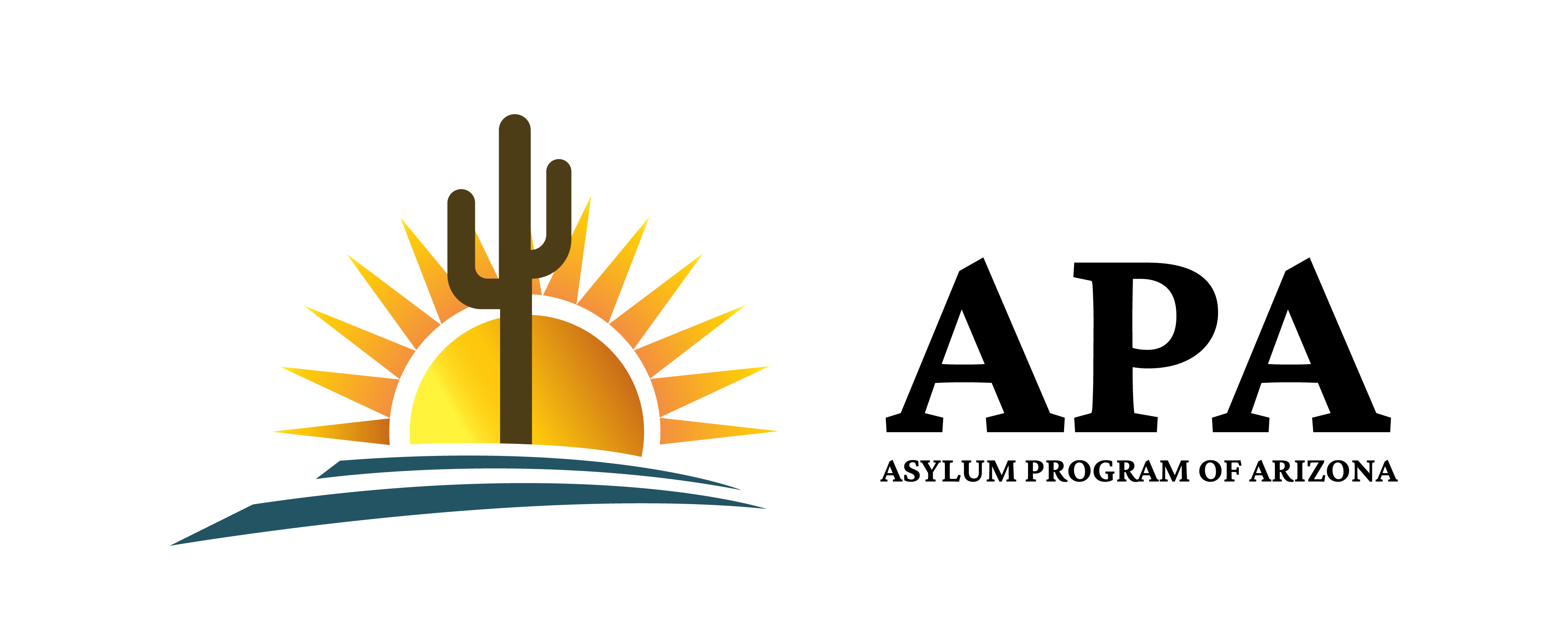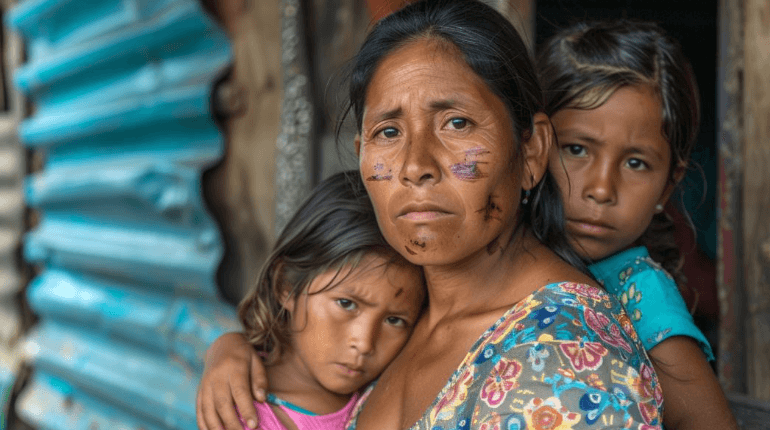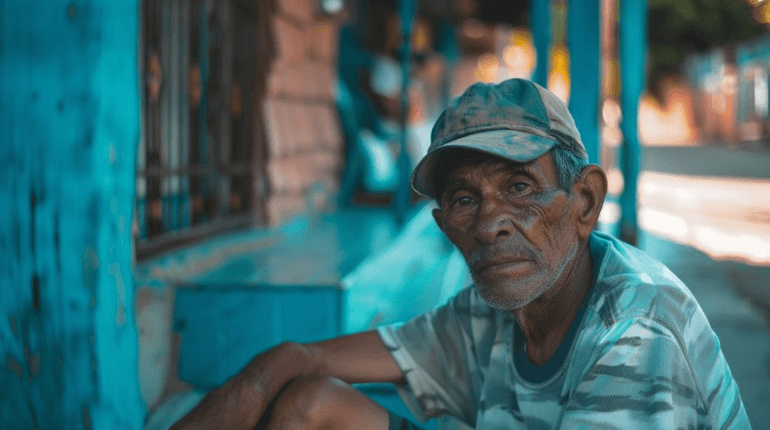ABOUT US
HOME >> ABOUT US
Continuing a 40-Year Legacy for Asylum Seekers in Arizona
At the Asylum Program of Arizona (APA), we provide legal representation to immigrants fleeing persecution. Our mission is to serve as a safety net for those who can’t afford an attorney, ensuring fair treatment under the law.
Continuing a 40-Year Legacy for Asylum Seekers in Arizona

WHAT WE DO

Screen Cases
We carefully screen candidates with the help of asylum experts, ensuring that all funds go toward factually and legally viable claims.

Help with case filings
We connect asylum seekers with experienced legal professionals to help facilitate case submissions

Refer cases to immigration experts
With extensive connections to immigration attorneys across the state, we help ensure comprehensive support to our clients throughout their legal journey.

Provide funding for representation
We negotiate free or reduced attorney fees for our clients’ cases.

Screen Cases
We carefully screen candidates with the help of asylum experts, ensuring that all funds go toward factually and legally viable claims.

Help with case filings
We help prepare case filings and connect asylum seekers with experienced legal professionals.

Refer cases to immigration experts
With extensive connections to immigration attorneys in Arizona, we guide and support our clients throughout their legal journey

Provide funding for representation
We negotiate free or reduced attorney fees for our clients’ cases and often cover these costs on their behalf.
OUR HISTORY
Established in 2020, the Asylum Program of Arizona (APA) continues a 40-year legacy of human rights advocacy in southern Arizona.
Our roots trace back to the Manzo Area Council in the 1970s, followed by the Tucson Ecumenical Council Legal Assistance (TECLA) from 1985 to 1999.


WHO WE HELP
DV Survivor Granted Asylum Seven Years After Applying: “Carmen”
We provide legal expertise and network with other community organizations to help guide and support protection seekers in their quest for freedom. Our volunteer board attorneys conduct free case-assessments, negotiate referrals to private attorneys and provide interim assistance with time-sensitive case filings.
GET INVOLVED

Donate
Support APA’s vital work with a tax-deductible donation today. Every penny helps cover fees and expenses for private attorneys handling asylum and CAT cases. Your support ensures access to justice for those in need.
Volunteer
Provide legal expertise or offer community support to help protect asylum seekers. Join APA’s volunteer network and make a difference today!
Get Connected
Engage on our Facebook page, join our newsletter, and stay up to date on our website through APA News and our blogs.
BOARD & STAFF
All of our members generously volunteer their time and expertise, embodying our commitment to compassion and solidarity with those in need. Our board ensures the continuation of vital asylum representation efforts, with extensive experience dating back to the 1980s.
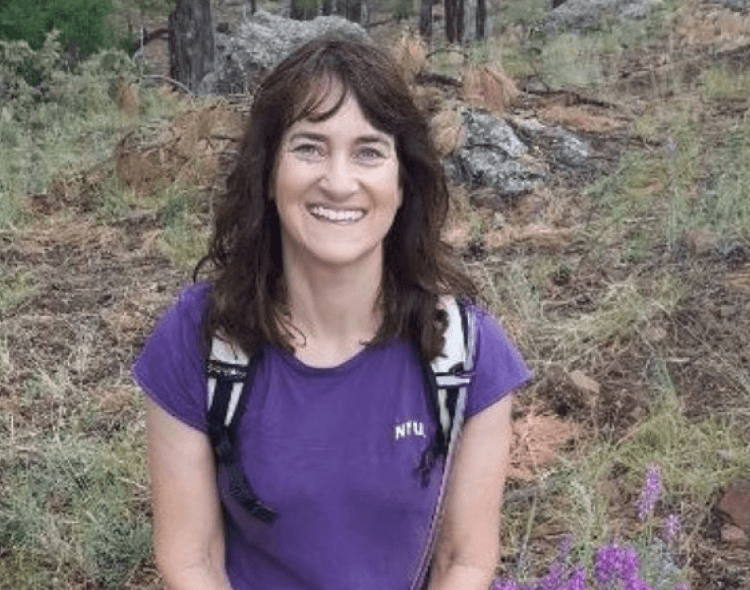
Lynn Marcus
President
Director, Community Immigration Law Placement Clinic, University of Arizona James E. Rogers College of Law
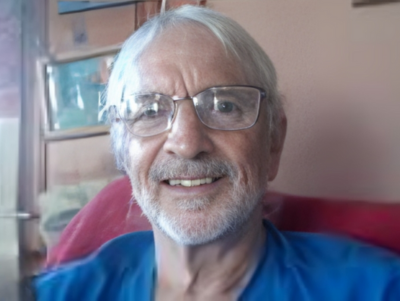
Keith Schaeffer
Vice President & Treasurer
Technical Writer
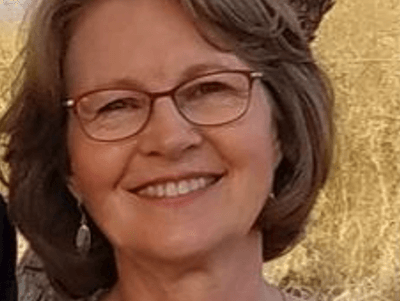
Valerie Hink
Co-Secretary
Immigration Attorney, Southern Arizona Legal Aid (retired)
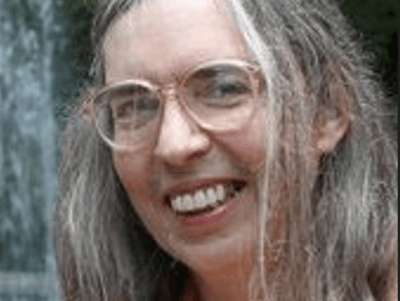
Erika Kreider
Co-Secretary
Immigration Attorney, Private Practice (retired)
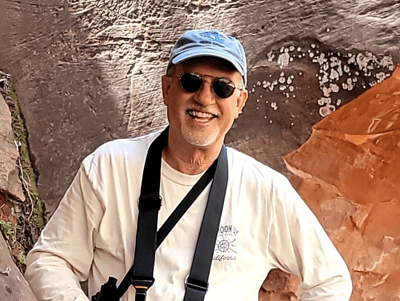
Howard Paley
Photographer, Marketing and Fundraising Consultant…Humanist
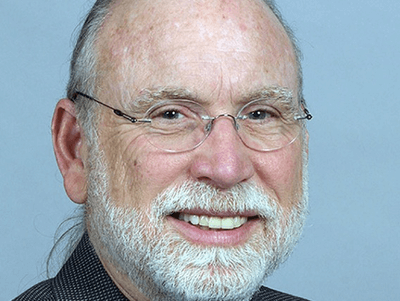
Andrew Silverman
Joseph M. Livermore Professor Emeritus of Law; Director, Civil Rights Restoration Clinic, U of A James E. Rogers College of Law
